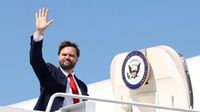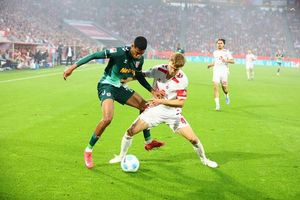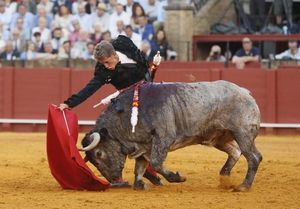In a dramatic escalation of tensions, President Donald Trump has announced plans to impose additional sanctions on Russia, aiming to pressure the Kremlin into a full ceasefire in the ongoing war with Ukraine. This decision comes as the U.S. government outlines a new set of economic sanctions targeting major Russian entities, including the energy giant Gazprom and key banking institutions. The sanctions are intended to compel Moscow to acknowledge and engage in efforts to end the conflict, which has seen significant loss of life and widespread destruction since its inception.
According to a U.S. official who spoke to Reuters, the sanctions are part of a broader strategy to hold Russia accountable for its actions. However, it remains uncertain whether Trump will approve these measures, given his previously expressed sympathies towards Russian President Vladimir Putin. The official noted that the National Security Council is coordinating the implementation of these sanctions, with Trump expected to sign off on them as part of his commitment to achieving a ceasefire.
James Hewitt, a spokesperson for the National Security Council, reiterated Trump's clear intention from the outset to push for a complete cessation of hostilities. "The President has been vocal about his commitment to a full ceasefire," Hewitt said, while refraining from commenting on the specifics of ongoing negotiations.
As the situation evolves, it appears that Trump’s stance towards Putin has shifted from one of understanding to disappointment, particularly as the Russian leader continues to reject calls for a ceasefire and peace talks. Kurt Volker, a former U.S. ambassador to NATO and special representative for Ukraine negotiations during Trump’s first term, stated, "Trump has been doing everything possible to give Putin the opportunity to say, ‘Okay, we will stop fighting and end the war.’ But Putin has continually rebuffed him. This is the next step in pressuring Russia."
Volker added that the escalation of violence from Putin is alarming, indicating that the Russian president is not willing to back down. "Now Trump can align the U.S. and Ukraine in calling for an immediate and full ceasefire, but Putin remains isolated in his stance," Volker noted.
Since Russia's full-scale invasion of Ukraine in 2022, the U.S. and its allies have ramped up sanctions against Moscow at various levels. While these measures have inflicted pain on the Russian economy, Moscow has sought ways to circumvent the sanctions and continues to finance its military efforts. Just weeks ago, reports indicated that the U.S. was contemplating easing some sanctions against Russia, but Trump’s recent expressions of frustration regarding Putin’s extended aggression have shifted the narrative.
On April 27, Trump took to Truth Social to convey his thoughts, stating, "I am seriously considering banking sanctions and other measures, including tariffs against Russia, until a ceasefire is reached and a final peace agreement is achieved." This declaration underscores his administration's increasing impatience with Russia's lack of cooperation.
Meanwhile, in a separate but equally alarming development, the National Weather Service of Russia reported an unexpected weather phenomenon in Moscow on May 2, 2025. The capital experienced an unusual snowfall, occurring during a time typically associated with spring warmth. This unexpected weather event followed a period of record rainfall, with precipitation levels exceeding the average for May by 20% in just one night.
This unexpected snowfall marked the first time in 75 years that Moscow recorded snow in May, with some areas measuring snow depths of 7 to 15 centimeters. The unusual weather pattern has raised concerns among meteorologists, particularly as it follows an unusually warm April.
Officials in Moscow reported that approximately 26,000 residents were left without electricity due to the heavy snowfall occurring overnight. Emergency response teams, numbering around 200, were deployed to assist with clearing fallen trees that obstructed roads and to restore power to affected areas.
As Moscow grapples with these unpredictable weather patterns, the National Weather Service has warned that similar conditions could persist, with expectations of continued cold before a warming trend is anticipated by May 4.
In light of these developments, the contrasting situations in international politics and local weather highlight the unpredictability of both human and natural events. As Trump seeks to navigate the complexities of foreign policy with Russia, the citizens of Moscow are dealing with the immediate challenges posed by significant weather disruptions.
These unfolding events serve as a reminder of the interconnectedness of global affairs and local realities. While political leaders like Trump focus on strategies to influence international relations, everyday citizens are often left to manage the consequences of decisions made far beyond their control.
As the international community watches closely, the coming days will be crucial in determining the trajectory of U.S.-Russia relations and the ongoing conflict in Ukraine. With sanctions on the table and weather patterns wreaking havoc, both the political and environmental landscapes remain volatile, underscoring the need for effective leadership and responsive governance.




